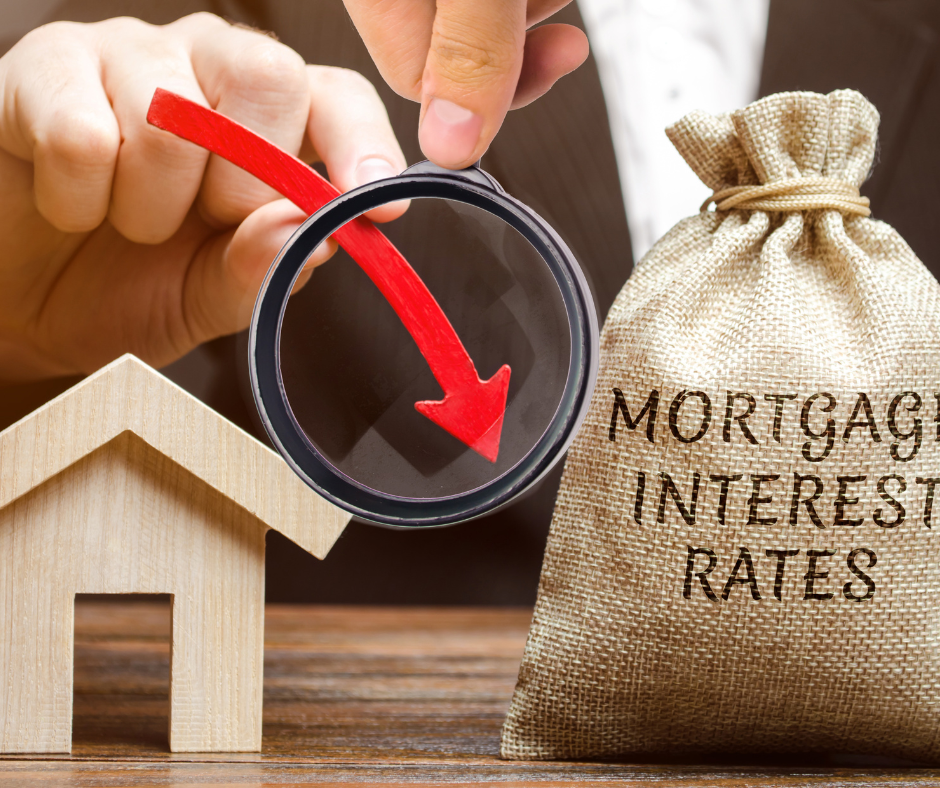
Mortgage rates are flirting with record lows, but did you know that your bank might not be extending you the best deal available?
This discrepancy often boils down to how banks strategically price mortgage loans—a complex interplay of attracting potential investors, safeguarding profit margins, and meeting loan demand while optimizing staffing.
Most factors governing your home loan rate are beyond your influence, but there are two areas where you can potentially sway the odds in your favor.
Investor Influence on Rates
According to Anthony Davenport, a credit management adviser, and founder of Regal Financial in New York, mortgage rates are primarily dictated by investors purchasing these loans.
Approximately 90% of mortgage loans are presently acquired on the secondary market by entities like Fannie Mae, Freddie Mac, or the Federal Housing Administration.
Lenders aim to sell loans to free up capital for lending and minimize the risk of borrower default. They adjust their mortgage rates and terms based on what these quasi-government investors are willing to pay.
Pricing Loans in Anticipation of Future Rate Increases
Eric Smith, a financial literacy coach in Atlanta, explains that in today’s highly competitive mortgage industry, there’s minimal incentive for lenders to inflate interest rates.
However, exceptions exist, notably for ‘jumbo loans,’ exceeding limits set by Fannie and Freddie. Lenders, holding these larger loans in their portfolios, might slightly inflate mortgage prices to hedge against anticipated rate hikes.
Shmuel Shayowitz, president of Approved Funding in New Jersey, cites instances where banks may manipulate rates temporarily—either to ensure the stability of lower rates or to manage loan demand efficiently without expanding their workforce.
Strategies to Secure a Better Rate
While you can’t impact bank profit margins or how lenders set rates, Davenport suggests strategies that could potentially lead to a better rate.
First, recognize that mortgage rates fluctuate based on your FICO score. Understanding score-related rate adjustments could help you earn significant discounts. For instance, if a lender offers discounts at a 700 credit score, improving your score from 680 to 700 might involve paying down a credit card balance.
You May Also Like
Streamlining Real Estate Transactions: How to Submit an Offer and Add a Buyer with Smarter Offers
